Essential Elements of Hazardous Drug Compounding
As part of the hormone compounding package, this program is discounted from its original price of $995.00 USD, valid February 9 through February 27, 2026.
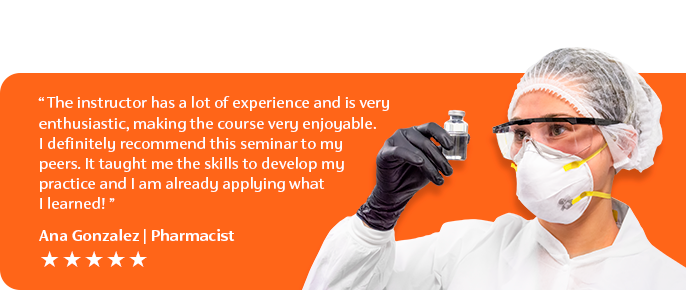
Course Description
It is imperative that pharmacists are up to date with the latest regulatory and best practice requirements/changes when using hazardous drugs for compounded preparations.
This 1.5-day (12 h) live virtual seminar:
- Provides practical and applicable solutions to help you achieve compliance and safety, sourcing USP, OSHA, NIOSH, and other healthcare guidelines for all areas of practice*
- Offers the opportunity to develop and optimize your own facility blueprints
- Identifies exposure risk and how to correct it through applicable, real-life scenarios
- Facilitates the transition into compliance/maintaining compliance with USP <800>
- Enables eligibility to claim CPE credit (1.2 CEUs)
Unlock full access!
Enroll in this hazardous drug compounding seminar and receive complimentary access to the current regulations and compliance live virtual seminar, delivered immediately after.
- Includes an additional 4-hour live virtual seminar focused on current regulations and compliance
- Earn 0.4 CEUs at no additional cost
- Click here to learn more about the current regulations and compliance seminar
* Personnel training & competency, PPE, drug handling, compounding processes, cleaning & deactivation, closed-system transfer devices, engineering controls, storage, and more
Intended audience
Pharmacists, pharmacy technicians, pharmacy managers, quality assurance officers, and compliance specialists looking for practical and applicable solutions to achieve compliance with USP General Chapter <800> Hazardous Drugs – Handling in Healthcare Settings.
Learning Objectives
Pharmacists
- Describe the hazardous compounding regulatory framework and standards of practice, including OSHA, NIOSH and USP <800>.
- Examine the risks of working with hazardous drugs in the pharmacy and healthcare continuum.
- Construct a pharmacy-specific hazardous drug list by assessing the occupational risks associated with hazardous drugs.
- Evaluate the critical strategies required to protect personnel, patients, and the environment when handling hazardous drugs in a healthcare setting.
- Assess hazard communication and training requirements.
- Contrast containment primary engineering controls (C-PECs) and their application.
- Interpret facility design plans for non-sterile and sterile hazardous drug compounding.
- Manage safe handling practices required for hazardous drug handling and compounding.
- Evaluate deactivation and decontamination procedures.
- Select personal protective equipment based on the NIOSH tiered approach.
- Demonstrate donning and doffing procedures.
- Examine the advantages of medical surveillance and environmental monitoring.
Pharmacy Technicians
- Describe the hazardous compounding regulatory framework and standards of practice, including OSHA, NIOSH and USP <800>.
- List the risks of working with hazardous drugs in the pharmacy and healthcare continuum.
- Construct a pharmacy-specific hazardous drug list by assessing the occupational risks associated with hazardous drugs.
- Outline strategies required to protect personnel, patients, and the environment when handling hazardous drugs in a healthcare setting.
- Recognize the importance of hazard communication and training requirements.
- Describe the different containment primary engineering controls (C-PECs) and their rationale for use.
- Reproduce facility design plans for non-sterile and sterile hazardous drug compounding.
- Outline safe handling practices required for hazardous drug handling and compounding.
- Describe deactivation and decontamination procedures.
- Select personal protective equipment based on the NIOSH tiered approach.
- Demonstrate donning and doffing procedures.
- List the advantages of medical surveillance and environmental monitoring.
Testimonials
"The instructor has a lot of experience and is very enthusiastic, making the course very enjoyable. I definitely recommend this seminar to my peers. It taught me the skills to develop my practice and I am already applying what I learned!”
Ana Gonzalez | Pharmacist
FINANCIAL SUPPORT
This learning activity has received financial support from MEDISCA Inc. in the form of an educational grant.
COPYRIGHT
This CE Activity is Copyright © 2016-2026 LP3 Network.
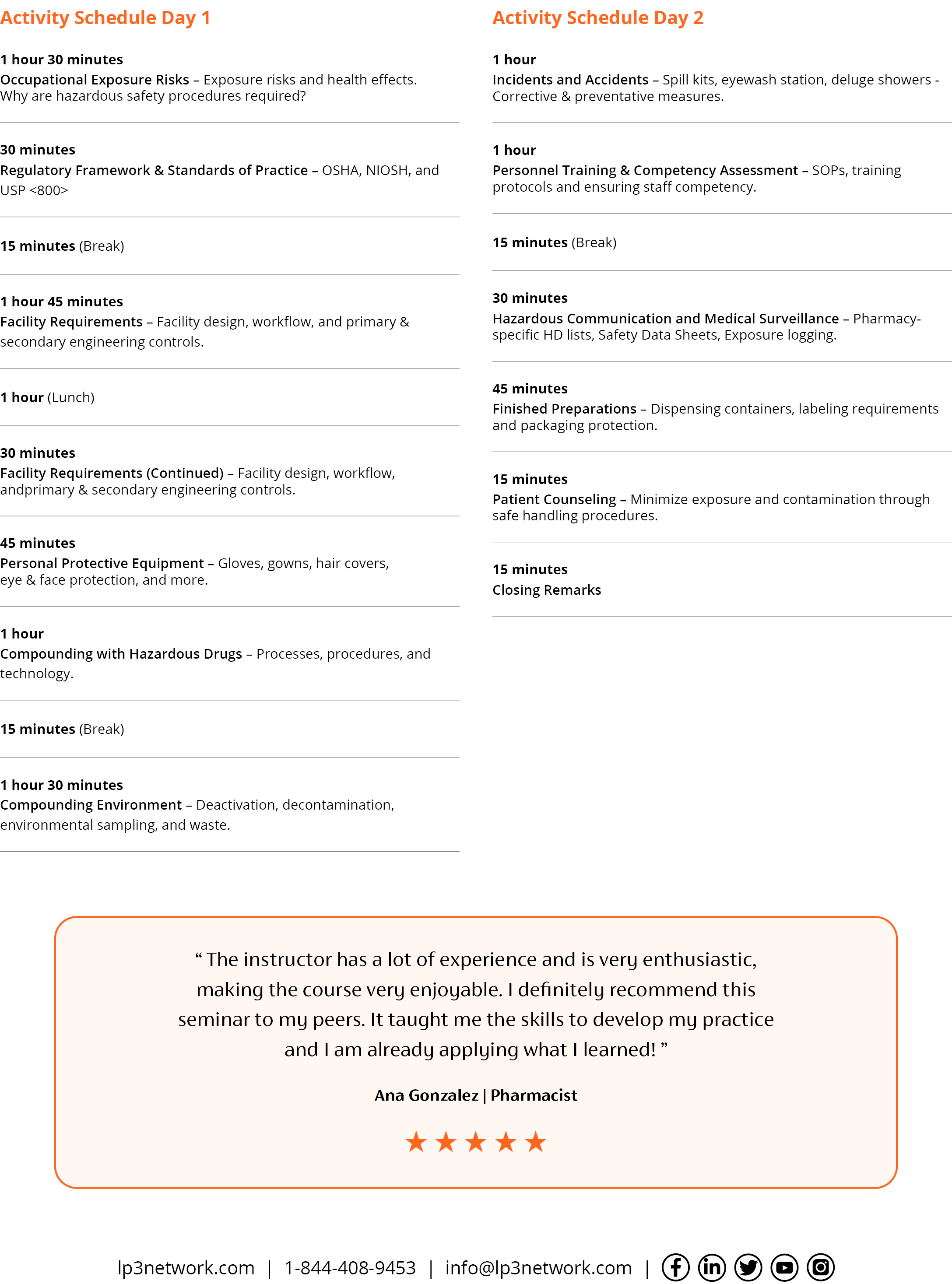
CHRISTINE ROUSSEL, PharmD, BCOP, BCSCP | 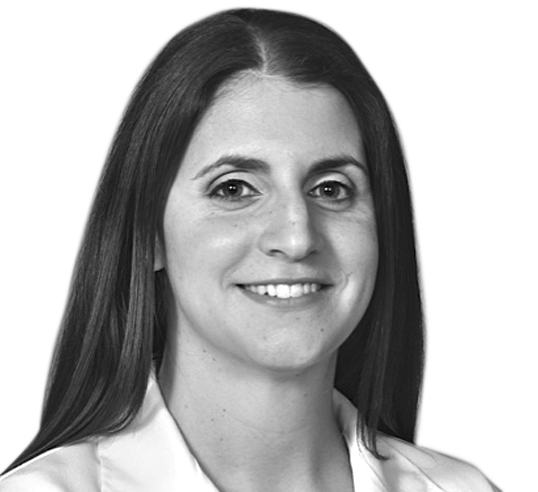 |
Dr. Christine Roussel is a Board Certified Oncology Pharmacist and Board Certified Sterile Compounding Pharmacist with a bachelor's in Toxicology and doctorate in Pharmacy from Philadelphia College of Pharmacy. Senior Executive Director of Pharmacy, Laboratory and Medical Research at Doylestown Hospital (Pennsylvania), Adjunct Assistant Professor at USciences, Facilitator for LP3 Network, and Consultant for MEDISCA Network. On top of her day job of overseeing the clinical and operational aspects of patient care, she provides over 100 hours of education to pharmacists, pharmacy technicians, physicians, and nurses each year.
Dr. Roussel focuses on occupational exposure to hazardous drugs, sterile/non-sterile compounding, clinical and legislative topics, such as medical cannabis, opioid stewardship, drug diversion prevention, pharmaceutical waste and contamination. She is a consultant for cleanroom facility design. She has authored articles on occupational exposure to hazardous drugs, as protecting healthcare providers’ DNA is her primary passion! Her most recent publication is: Meta-analysis of chromosomal aberrations as a biomarker of exposure in healthcare workers occupationally exposed to antineoplastic drugs. In 2018, she was nationally recognized as “40 Under 40 in Oncology”
She is active in many professional organizations, including as a Delegate for the American Society of Health Systems Pharmacy, President of the Pennsylvania Society of Health Systems Pharmacy, Board of Directors for International Society of Cannabis Pharmacists, the American Industrial Hygiene Association, and the Association for Compounding Pharmacists (ACP).
In addition to pursuing her goal of educating the world about the danger of carcinogens, she is also a dedicated mother, Cub Scout leader, and enjoys teaching her kids about engineering, often in the form of marshmallow propulsion devices and rocket building!
Editors
 ADAM BEACH, PhD ADAM BEACH, PhDLearning Technology Manager Disclosure: None | 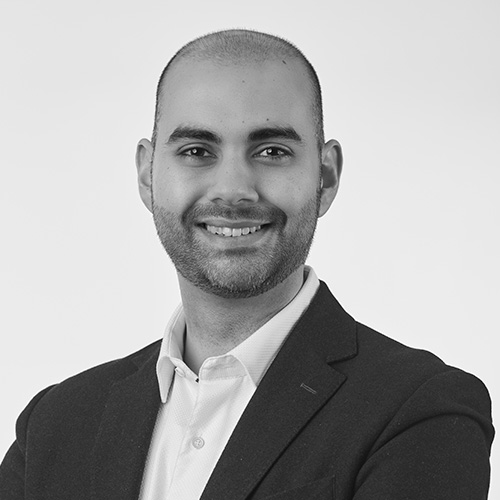 |
 MARK FARSO, PhD MARK FARSO, PhDPharmacy Education Manager Disclosure: None | 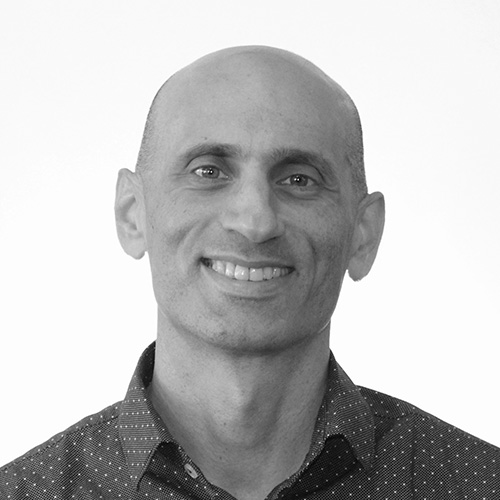 |
Pharmacists & Pharmacy Technicians
The Live Event is accredited for Pharmacists and Pharmacy Technicians by the Accreditation Council for Pharmacy Education (ACPE) through CPE Consultants, LLC.
Total CPE Credits: 12 CPE Hours = 1.2 CEUs
| Type | Application-based |
| UAN | 0864-9999-24-114-L07-P/T |
| Credits | 12 CPE hours = 1.2 CEUs |
| Release Date | January 11, 2025 |
| Expiration Date | January 11, 2028 |
Completion Requirements
- Attend the live seminar in full (log in and logout times will be recorded).
- Submit a completed live event evaluation form online within 14 days.
When the aforementioned steps have been completed and approved:
- Pharmacists and Pharmacy Technicians registered in the United States will obtain a statement of completed credits on their NABP e-Profile within 60 days.
- Pharmacists and Pharmacy Technicians registered elsewhere will be able to download a statement of participation within 60 days.
- All participants will receive an automated email from LP3 Network advising participants that they can download the LP3 Network certificate.
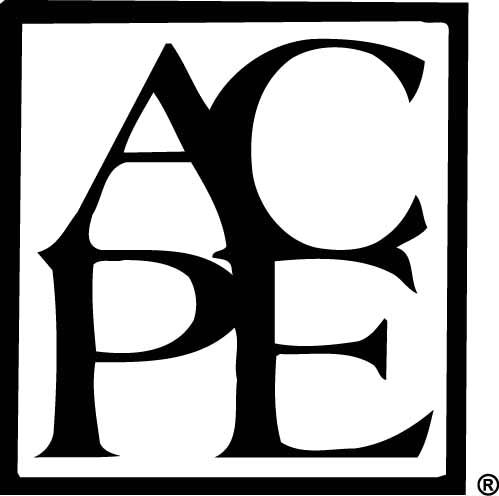 | CPE Consultants, LLC is accredited by the Accreditation Council for Pharmacy Education as a provider of continuing pharmacy education. |
International participants should verify with their respective governing board for accreditation equivalency.
Cancellation & Refund Policy
In the event that LP3 Network cancels a course, LP3 Network's sole liability shall be course repayment. In no event shall LP3 Network be responsible for any costs related to travel and/or accommodation. A written request must be sent to LP3 Network Inc. requesting ‘Cancellation without Transfer’ to an alternate live activity event date. If cancellation occurs at greater than or equal to 31 days from live activity event date, then registrant will receive a 75% refund; 15-30 days a 50% refund; and less than or equal to 14 days no refund. There are no refunds, returns, or transfer requests upon purchase of a home study, digital work book, webinar, and eLearning modules. LP3 NETWORK INC. shall be excused from any delay caused by reason of any occurrence or contingency beyond its reasonable control (a “Force Majeure”), including but not limited to, acts of God, hurricane, earthquake, labour disputes, strikes, riots, war, and governmental requirements. The obligation to pay money to LP3 NETWORK INC. in a timely manner is absolute and shall not be subject to this Force Majeure provision. In such event, LP3 NETWORK INC. will not issue any refunds, only transfer to an alternate live activity event date.
TRANSFER POLICY
The transfer policy is only in effect if requested greater than or equal to 14 days prior to the original live activity date. Failure to submit the “Transfer Request” at least 14 days prior to the original live activity date will default to the “Cancellation and Refund Policy”. The transfer policy can only be applied one (1) time. Transfer to a new live activity date must be within the current calendar year. Failure to attend the new live activity will result in no refund and will no longer be transferable. Confirmation of the new activity date is subject to approval by LP3 Network based on the number of available seats within the selected live activity. There are no refunds, returns, or transfers upon purchase of the home study.

 Facebook
Facebook X
X LinkedIn
LinkedIn Forward
Forward